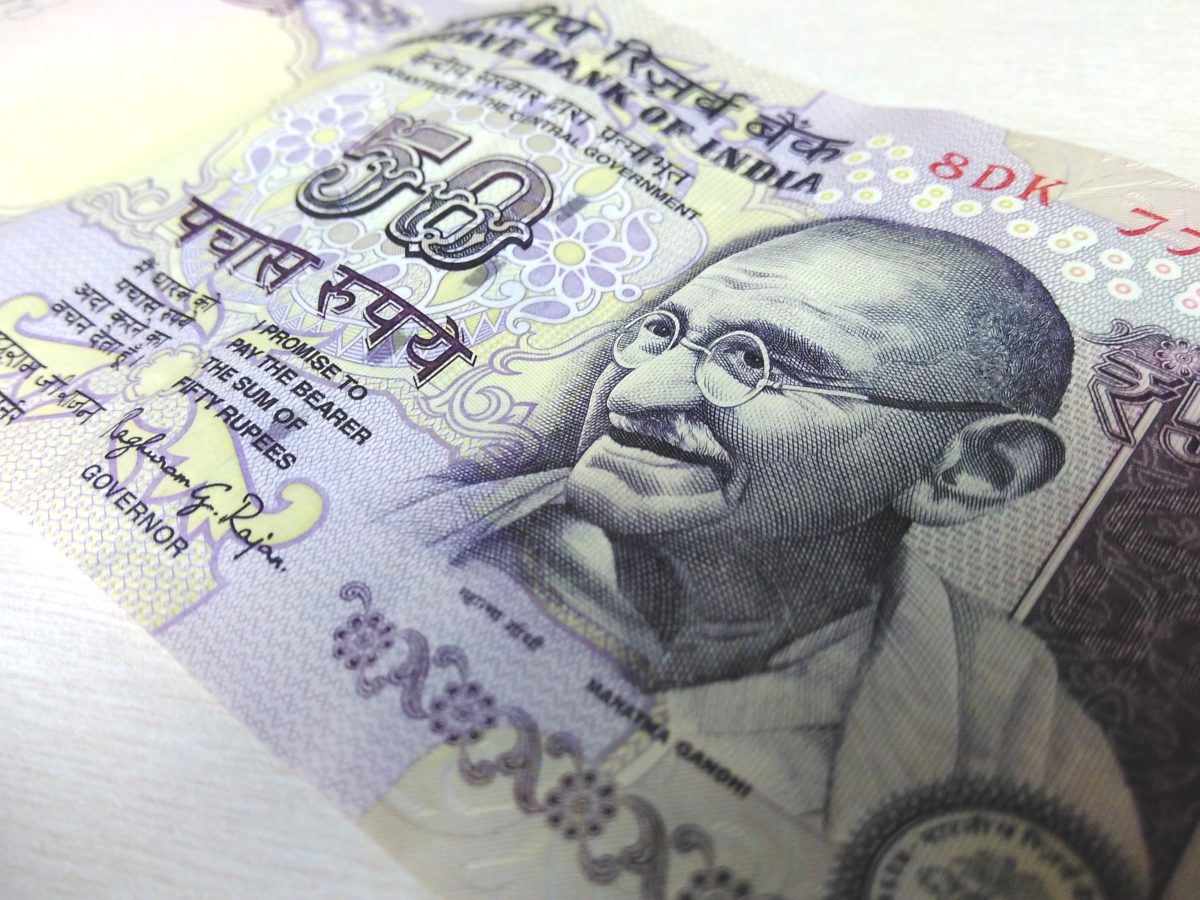The cross border mobile money transfer market has ballooned in the last 3-4 years, spurred on by a technological revolution in developing nations and the dramatic rise in mobile phone users in these countries.
With globalisation and the movement of people across the world, usually for economic reasons, improved connectivity between friends and family couldn’t have come at a better time. Mobile money transfer is one area that has seen unprecedented growth, but the other area that has exploded is international mobile top-ups or the ability to add credit to mobiles across borders.
This can be considered to be a phenomenon and we asked why has this happened?
- Convenience – This is the single most important reason… There is no physical travelling involved. It just involves a few clicks on your phone and in almost 30 seconds mobile credit is applied (in most cases).
- Cost – With competition hotting up, mobile operators are offering promotions that make the cost of these top-ups almost negligible especially when sent from abroad. Most mobile operators have stepped up their marketing efforts in countries like the UK and the US where the majority of senders are based. This is because the value of each top-up send is much higher and the ARPU therefore is higher. For example, Digicel Jamaica offers 2 to 4 times bonus credit received from abroad. There are also regular promotions from operators in Pakistan, Senegal, Ivory Coast, Cuba and many other countries.
- Top-Ups can be sent multiple times to multiple recipients – We recently spoke to Mr. Abe who works as a postman in London and sends mobile credit to his family every Friday. Mr. Yusuf from Pakistan usually sends credits to his parents’, friends and cousins’ phones every week. As there is no penalty for sending small amounts of cash but top-ups can be done any number of times and proves cheaper on many instances.
- For many, mobile airtime is no longer a luxury; it is a necessity. Many people live in remote areas where there are no phone lines installed and are unable to get to the larger areas and cities due to lack of transport, age and other factors. On the other hand, mobile connectivity has improved dramatically giving these remote areas access to the world via their mobiles.
- It was interesting to learn from our focus group discussions that mobile credits are being used as gifts, especially amongst the Nigerian, Ghanaian and Mexican communities as it’s quick, instant and can be sent to multiple people with a single click via iPayOn.
- Staying connected: many receiving operators, particularly in the African and Asian continents disconnect the sim and mobiles of their customers if their phones are not topped up regularly. As a result, the movement of credit via top-ups has been 5-6 times more than actual money transfer from the same sender to ensure family and friends remain connected.
- It allows the sender to be in control – during our focus group discussions, we discovered that many people send credits and bills payments directly to the end-user as they want to be in control of paying bills and mobile credit.
- The ability to send small amounts – ÂŁ10 or $10 makes it more attractive for senders as it does not have a big impact on their monthly outgoings. This might be considered a small amount in the UK or US, however it’s receiving value in the developing nations in terms of top-up credit is considerably higher.
- Transfer of airtime and direct international bill payments are the first step leading to mobile to mobile money transfer; something already prevalent in many countries
iPayOn provides customers with the ability to pay bills and top-up mobiles internationally keeping those who have moved to the UK closely connected with friends and family back home. Our services are easy to use, reliable and give our customers the convenience they need in their busy lives.
a) iPayOn allows storing sender and recipient details so they don’t have to input them each time.
b) We offer generous loyalty points for every top-up value hence there is reduced burden on the sender and they get something in return for sending.
c) There are no documents needed, no forms and no fuss.
d) In 30 seconds, you can to send credits to 20 recipients.
e) Our retail partners will not ask for details if you are an iPayOn customer and have used our services with any other retailer in our network (Currently our network consists of over 2000 retailers across UK and launching in Europe early next year).
f) Senders can also control credit and top-ups via our application using their smartphone.
We work extensively with our network and strongly believe that mobile credit transfer is the first step towards building process knowledge and trust towards mobile to mobile money transfer, a service we plan to launch in 2017 as we gear up our efforts making this happen.
If you are an mobile operator, service provider or a company that wants to launch within the retail sectore across Europe, especially for the immigrant market – talk to us today as we are adding new services for our merchants and currently offer products such as mobile airtime transfer, bills payment, mobile handsets, accessories, mobile unlocking, SMS platform for bulk messaging, ticket booking, DHL courier service, National Express, Mitsubishi photo kiosk, payment terminals and other products to our retail partners.
Send us an email at sales@ipayon.com and one of our team member will contact you soon or you can drop me an email at dk@ipayon.com


